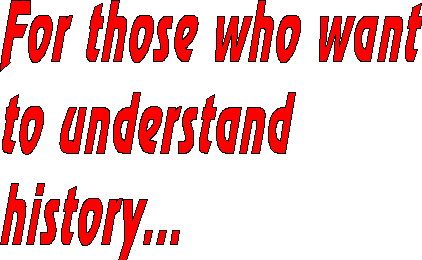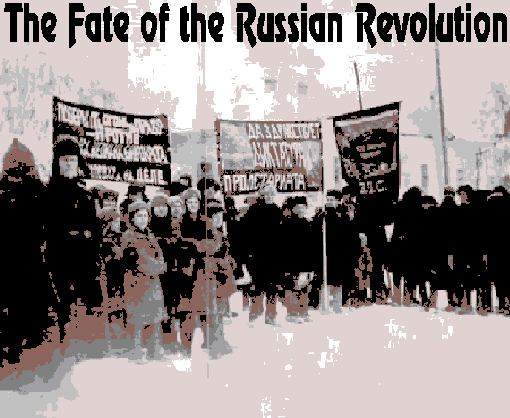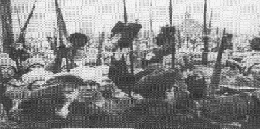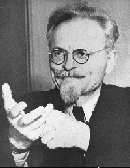608 pages
OUT NOW






The Bolshevik revolution was the great dividing line between socialism in theory and socialism in practise...
They proved at long last that the proletariat does not have to have a master to exploit and oppress it, that there is no quality inherent in the proletariat that precludes its taking power for itself. They proved that in the dark mass for which all rulers and their retainers have such lordly contempt are hidden deep and powerful springs of resourcefulness, idealism, passion for liberty, capacity for brotherhood, enormous creative genius, which await only revolutionary release to inundate and fructify the social soil corrupted by the rule of man over man until it blooms for a peaceful world...
October is ours! Max Shachtman, 1944
The working class acquires economic supremacy only after it has seized political power. By its very position in the new society, the proletariat remains a propertyless class. It seizes state power. The new state is simply the proletariat organized as the ruling class. The essence of the change lies in the fact that the working class is in command of that state-owned property because the state is the proletariat organized as the ruling class (through its Soviets, its army, its courts and institutions like the party, the unions, the factory committees, etc.). There is the nub of the question.
The Stalinist reaction meant the systematic hacking away of every finger of control the working class had over its state. And with the triumph of the bureaucratic counter-revolution came the end of rule of the working class. When the Soviet proletariat finally lost the possibility of submitting the bureaucracy to itself by means of reform, and was left with the weapon of revolution, we should have abandoned our characterization of the USSR as a workers' state. Even if belatedly, it is necessary to do that now.
Is Russia a workers' state? Max Shachtman, 1941

The attempt of the bourgeoisie during its internecine conflict to oblige humanity to divide up into only two camps is motivated by a desire to prohibit the proletariat from having its own independent ideas. This method is as old as bourgeois society, or more exactly, as class society in general. No one is obliged to become a Marxist; no one is obliged to swear by Lenin's name. But the whole of the politics of these two titans of revolutionary thought was directed towards this, that the fetishism of two camps would give way to a third, independent, sovereign camp of the proletariat, that camp upon which, in point of fact, the future of humanity depends.
Trotsky's Writings (Supplement), 1938
During the period since the end of the 2nd World War, Russia has emerged not only as a major imperialist power but as one of the Big Two of the earth. Its imperialism has matured and expanded with a rapidity characteristic of change in our epoch. Beginning the war as Hitler's junior partner in the Stalin-Nazi pact, it is today capitalist America's only rival for world domination - a rivalry not only between two different imperialisms but also between two different systems of class exploitation. Russia has not merely "expanded"; it has set out to build and has already acquired in part a far-flung empire on every side of its borders, consisting of states which are not merely "satellites" but subject nations held in chains by the same totalitarian terrorthat operates within Russia itself. The euphemism of Russian "expansionism" as a substitute for "imperialism" can be used only if all reality is ignored.
The Russian Empire, Hal Draper, 1938
Stalinist Russia is thus a reactionary state based upon a new system of economic exploitation, bureaucratic collectivism. The ruling class is the bureaucracy which, through its control of the state, collectively owns, controls and administers the means of production and exchange. The basic motive force of the economy is the extraction of more and more surplus labor from the toilers so as to increase the revenue, power and position of the bureaucracy. The economy is organized and directed through state totalitarian planning and political terrorism. The toilers are compelled by the state (as well as economic necessity) to labor in the factories and fields.

Forced labor is thus an inherent feature of present-day Russian productive relations.
The relations within the ruling class ... are determined by noneconomic, primarily political, factors...
The raising of the standard of living of the masses demands scientific planning, that is, democratic planning by and of the masses. This is the antithesis of Stalinism...
From a historical viewpoint, Russia has taken a bastard path backward from the régime established by the Bolshevik revolution.
Bureaucratic Collectivism, Joseph Carter, 1941